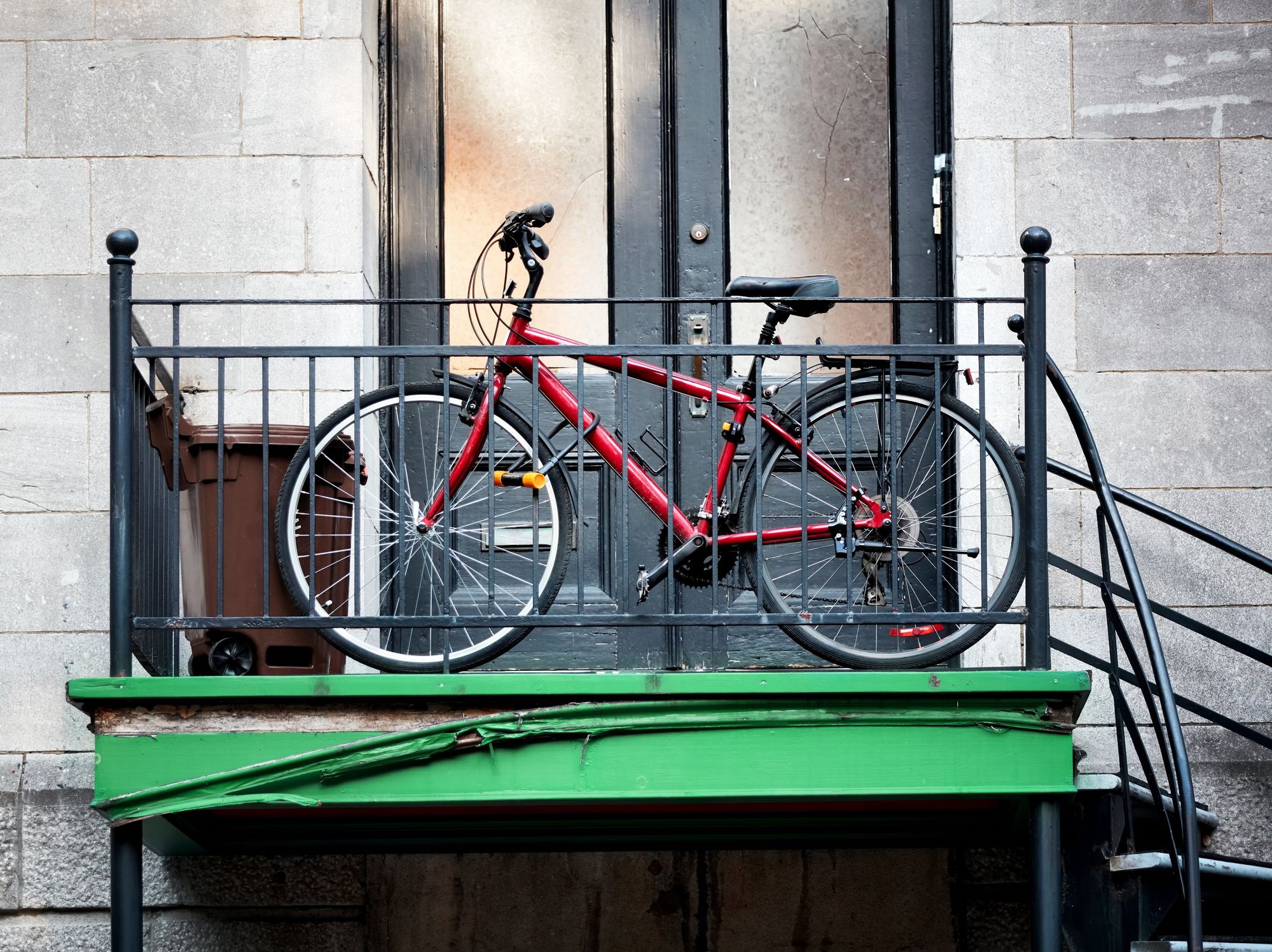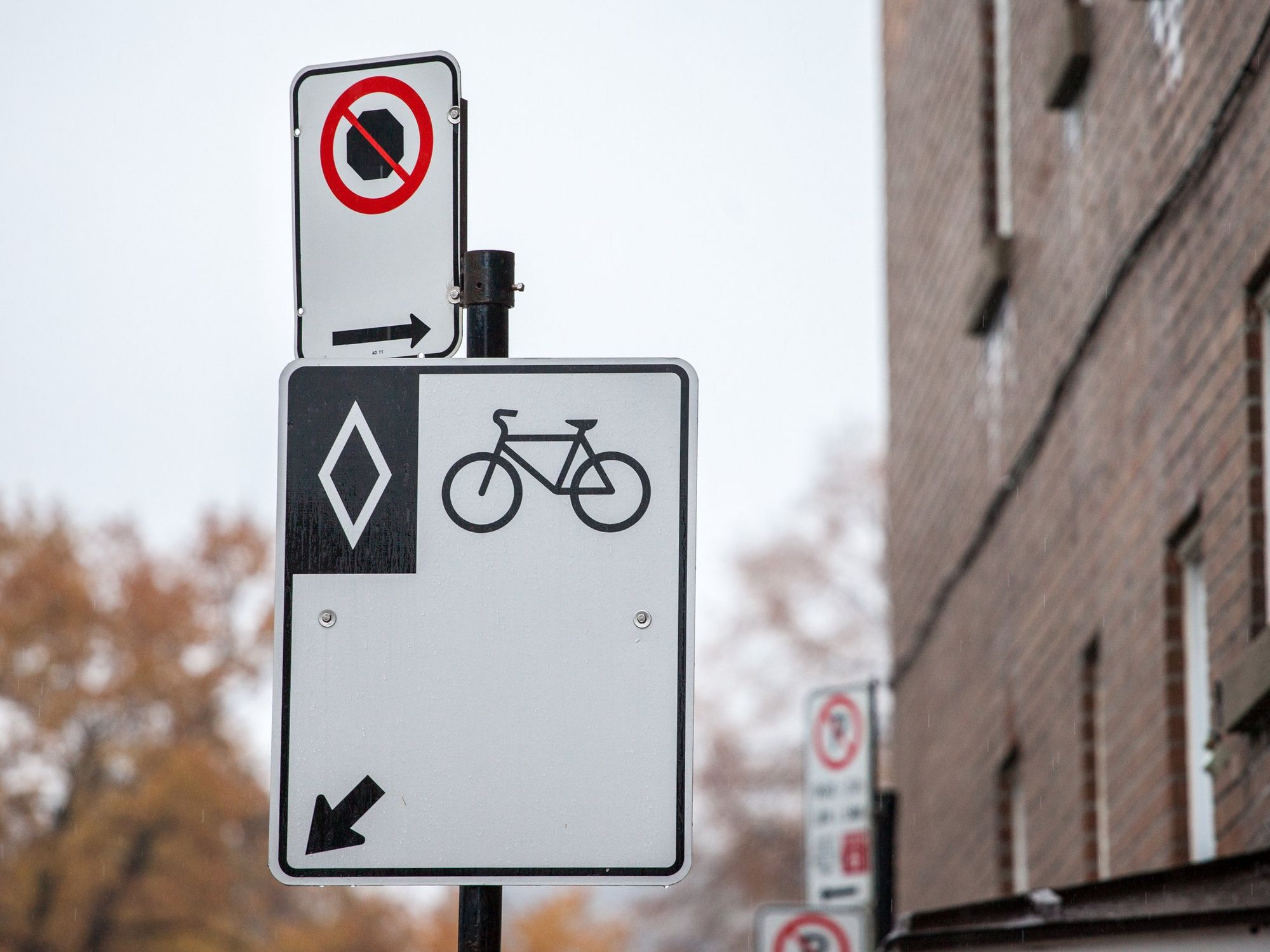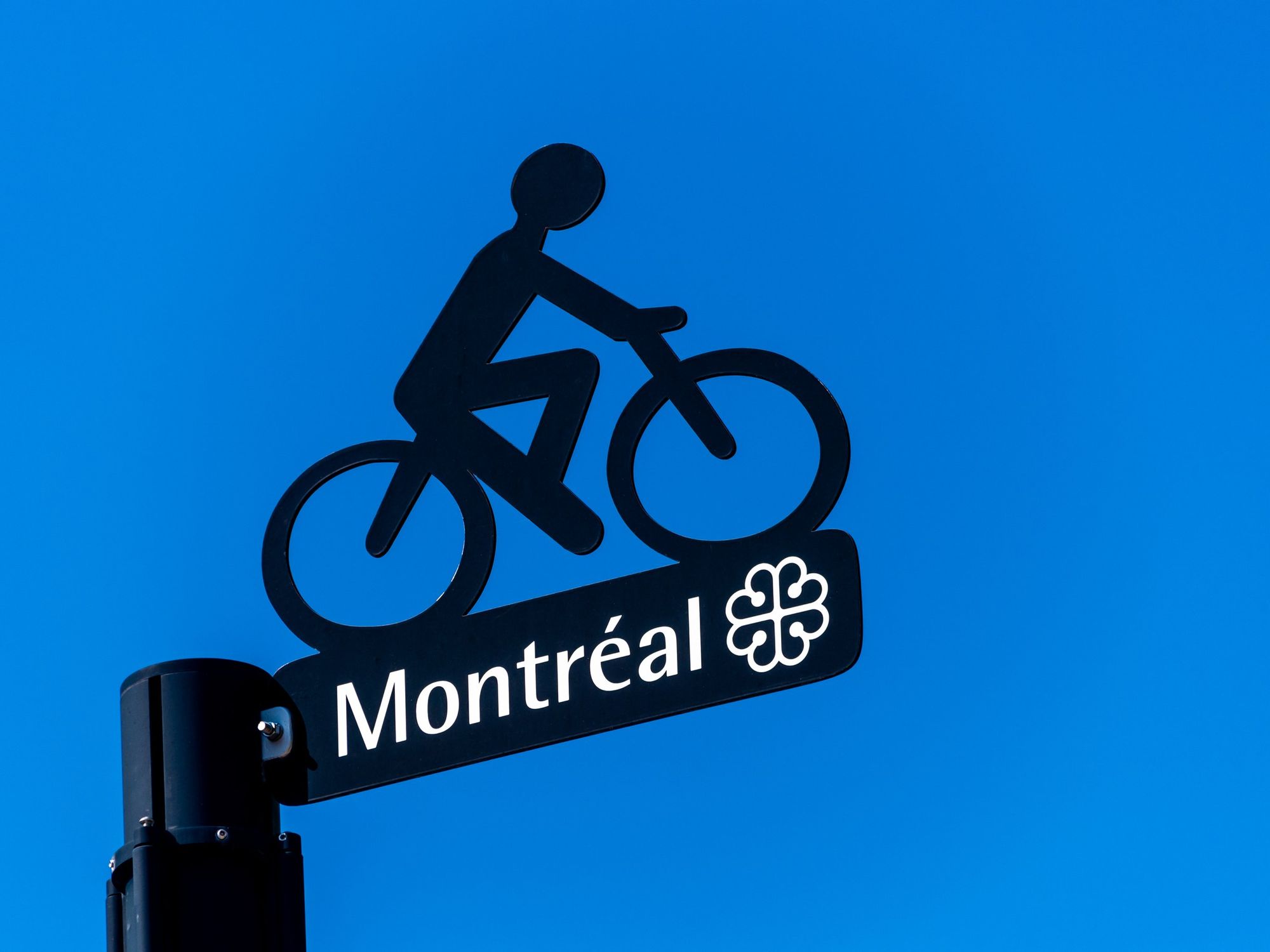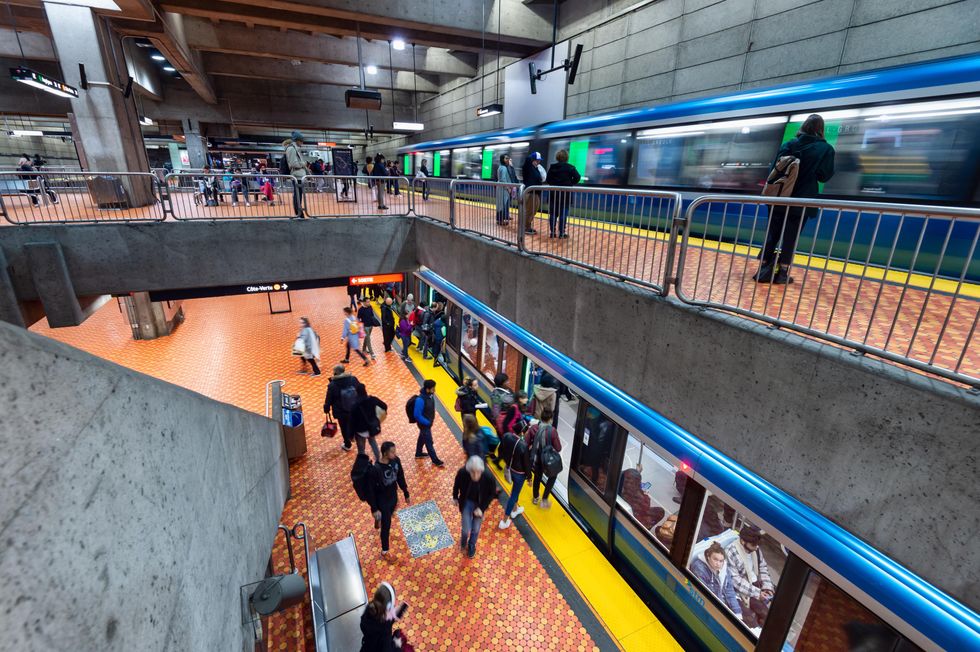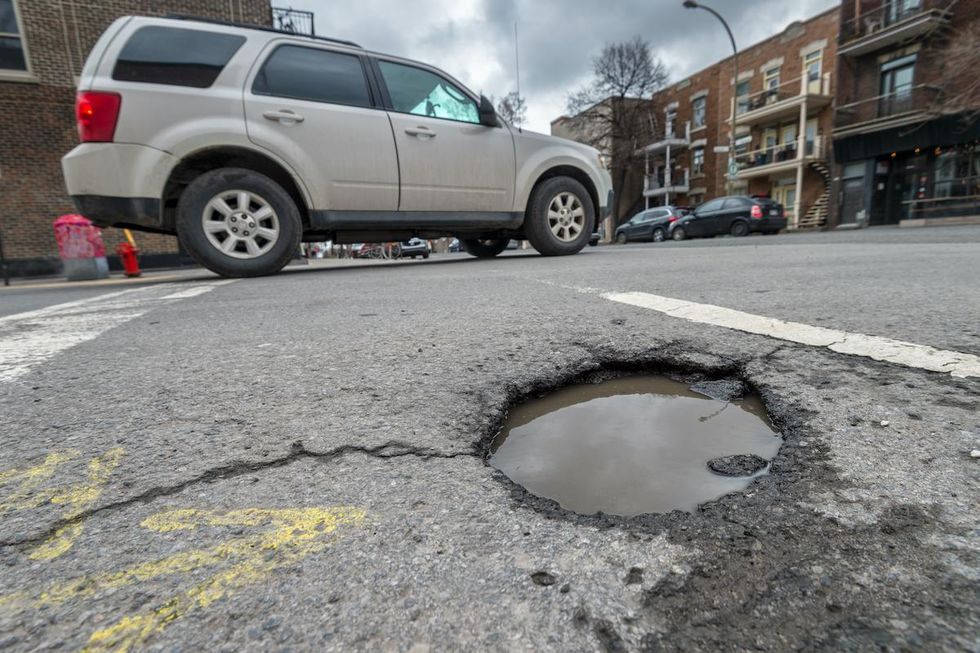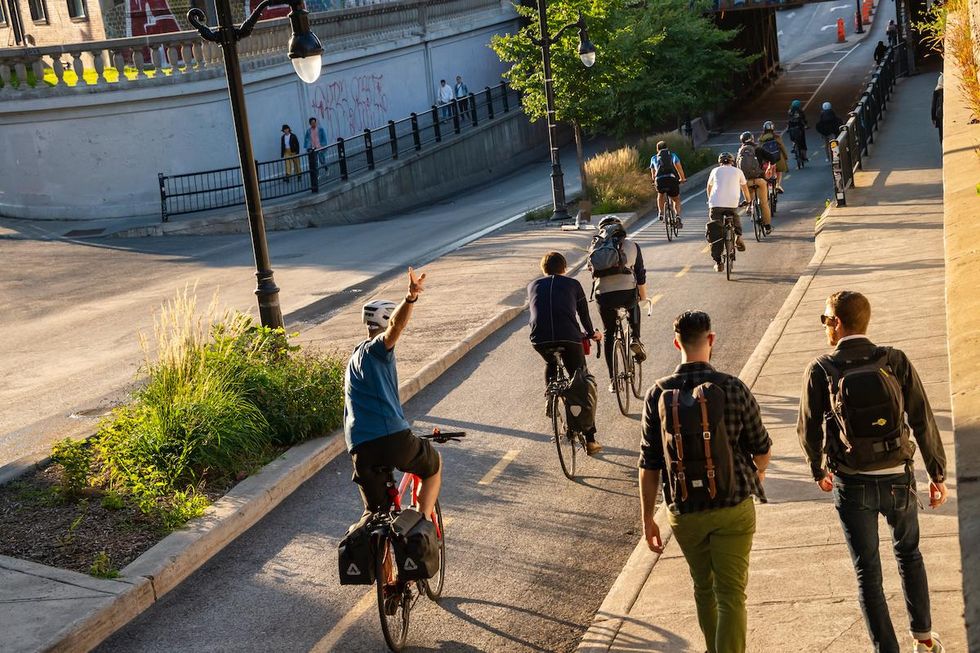In July, MTL Blog sat down with the incumbent mayor and covered everything from the SPVM to bike lanes, accomplishments, regrets and more.
MTL Blog interviewed Valérie Plante and Balarama Holness in the run-up to the 2021 municipal election. Denis Coderre did not respond to an interview request.
This interview has been condensed and edited for clarity.
Why do you think that Projet Montréal is the party to lead Montreal after the pandemic?
Montreal Mayoral Candidate Valerie Plante On Why She Deserves Another Mandatewww.youtube.com
We're the right party to do the job because not only do we have a vision for the city, but also we have the courage — and whatever it's about, recognizing systemic racism; or changing a big street and adding secure bike lanes because it was a crazy number of accidents that happen and no one would do anything about it; or preventing a huge green space from being built on.
What I believe in is a green and inclusive economic recovery. We have such a great opportunity, but we need to think outside of the box. I think we're really good at this.
We're rigorous. We're pragmatic. We have this idea of making sure that Montreal stays this dynamic inclusive city, but for that to happen, we need to compete with tons of big cities around the world who have exactly the same objective. That objective is to keep families in the big cities, to bring people like students and investors and talents into their city.
The way to do it is to have this strong, this human scale, big city with strong neighbourhoods, and that is Projet Montréal.
What specific plans do you have to reform the SPVM if you were to have another mandate?
There are a lot of questions being raised towards the SPVM, and it is happening here in Montreal, but it's also happening in other places in Canada and North America. My wish is to always have police that are close to the community and people need to feel safe.
Some of the things we want to continue to work on are to make sure that the tools that the police officers have are the right ones and serve the right needs.
For example, we've decided to invest massively into creating more mixed patrol, where you have, for example, in one car, a police officer, but you also have a social worker because we know that a very significant number of calls are related to social issues.
It's important to have that type of collaboration. Another tool that we want to bring quite fast is the body cams. It would be one of the ways — I don't think it's the only way — to bring more transparency into some of the operations that are being done.
There have been calls to defund the police. But in the last municipal budget, you increased SPVM funding. Has there been progress on talks to redirect SPVM funds toward community resources?
I think a few things about defunding. First of all, the budget is under the responsibility of the City of Montreal, where everything related to community organizing is financed by the Government of Quebec. That is very important to keep that in mind.
Montreal has put more money to support local organizations, especially in the northeast, because we know that community organizations are such a big help. They are part of the solution. We can not put them aside. They have to work closely with the police officers.
The other thing is there has to be a balance. When we know that there's an increase in violence in Montreal, we need to also be responsible and make sure that when it's about finding criminals with guns, we need police officers. They have to be there and have the right tools.
When I talk about a balanced approach, it's about making sure that, depending on the type of case they face, they have the right tools. It's not always with a gun. Sometimes it's more with a mixed patrol like I was saying before. But in some cases, we also need to have the right number of police officers doing the job to limit or to decrease the number of violent incidents.
We see video after video of Montreal police officers conducting violent arrests. We see report after report from Montrealers who say that they are scared of the police. How will you address this distrust?
It's a serious issue and that's why during this mandate, we're the first administration to ask the SPVM to collect the data on street checks, and we asked to have an external evaluation to get some recommendations.
What came out of that was that there are racialized people and Indigenous people who are more targeted. It's a fact, and for us, it was important not to minimize anyone's experience.
There has to be more training. There have to be different tools. Again, I don't want to minimize anyone's personal experience, but sometimes when we see a video, we see a specific moment and so it is important to have the full story.
Then we can also make sure that it doesn't happen again or we take the right sanction because again, the balance is there.
But the idea that some Montrealers don't feel equal or don't feel safe is something that preoccupies me a lot.
Denis Coderre has said that "Montreal deserves better." What do you think he means?
I don't really like talking about my opponents so much because they can define themselves as much as they want, but ultimately we definitely have a very different vision of what makes Montreal a fantastic city.
For me, a fantastic city is a city where the quality of life is amazing and because of that, investors want to come. Tourists want to visit. Students are like, "this is where I'm going to go study, and maybe I want to raise my family there." This is what a great city is in the 21st century.
I think Mr. Coderre is more in a previous way of seeing a big city. We're not there anymore. I'll leave him to the past vision. I'm looking forward.
Balarama Holness wants free public transportation for people under 25. In your opinion, is that realistic, or is that a dream?
I'm not against dreams because when I was running, I was fighting for a Pink Line. I remember Denis Coderre saying that it was absolutely crazy.
Four years later, we have half of the Pink Line, the piece going from downtown to Lachine, that is on the way. It's being studied by Quebec. I believe in dreams, but you have to be pragmatic as well.
That's where I would locate myself between those two candidates: one that dreams big, but maybe is not pragmatic or doesn't get how it works, versus the other one that is stuck in the past.
I like to think that not only do we have the vision, and we dream big, but we're able to pull it off. That's Projet Montréal.
Would you ever consider free public transport?
Of course. I believe that transportation should be as accessible as possible.
In terms of bold moves, I want to say that even during a pandemic, we announced that it's now free for kids under 12 years old and for our elders, it's up to 70% off the monthly pass.
Do I have the financial capacity [to make public transit free]? The answer is no. But we believe in accessibility for transportation.
What is your greatest accomplishment as mayor of Montreal?
Well, there's a lot of things that I'm proud of, but I will choose one. I think it combines everything that I believe in, and it's creating the Grand Parc de l'Ouest. It's going to be the biggest municipal park in Canada.
Every occasion to fight climate change is important, and we're an island, and we have so little green space remaining.
Students, families and investors are looking for places where it's nice to live. In Montreal, we have beautiful parks, and now we have a new one.
The Grand Parc de l'Ouest will be my biggest accomplishment. I'm so proud of that.
What's your biggest regret?
I do have a few regrets as well. One that comes to mind was last year when we decided to implement temporary bike lanes.
It started from a good place. We wanted to give more space and the possibility for people to move around in a safe way.
We did not consult enough. We were not able to accompany well enough, some of the businesses and the population.
I hope that people didn't turn their backs on some of those projects, because I think they're great. They're important. But it was not done at the level of quality in terms of consultation that I like doing.
We got some reader-submitted questions on social media.
60-Second Q&A With Valerie Plante #shortswww.youtube.com
1. When are the roads going to be smooth?
I would probably say in two years because there's been a deficit in investment in our roads, but we also need the support of Quebec because bridges and highways are under the control of Quebec City and the federal government. But I'm working on it!
2. What will you do to continue progress on safe cycling?
What we will continue to do is the right planning, like we did with the REV on Saint-Denis.
Though there were some people not happy, it was a great consultation and great work, well-planned and now, it's fantastic.
We want to plan more of those because ultimately there has to be a better share of the public way, right? We need to come up with a secure way for pedestrians, cyclists, and car drivers to use our streets.
3. What can you do to make Montreal more pet-friendly?
We're the party that was against breed-specific regulation. We're really proud of that.
I decided to take the calèches out of the city, and I've been talking to my colleague, Mayor de Blasio in New York, and he was like, "How did you do this?" Because in New York, it's a different story.
But I'm proud we did that because ultimately, we want to make sure that if you own a pet, you need to be responsible. You're making sure that he gets all the attention needed. We want to make sure that nobody fears animals as well, so that's why we decided to build more dog parks.
The way we're seeing how to be a pet-friendly city is to work with the organizations that have the expertise and the knowledge and to help us to navigate through this.
4. Does Valérie Plante put her cereal before the milk or after the milk?
I always put the milk after! I didn't even think there was another way! See, I didn't even think of that!
I don't like it when it gets mushy, so I pour the milk after at the right level.
